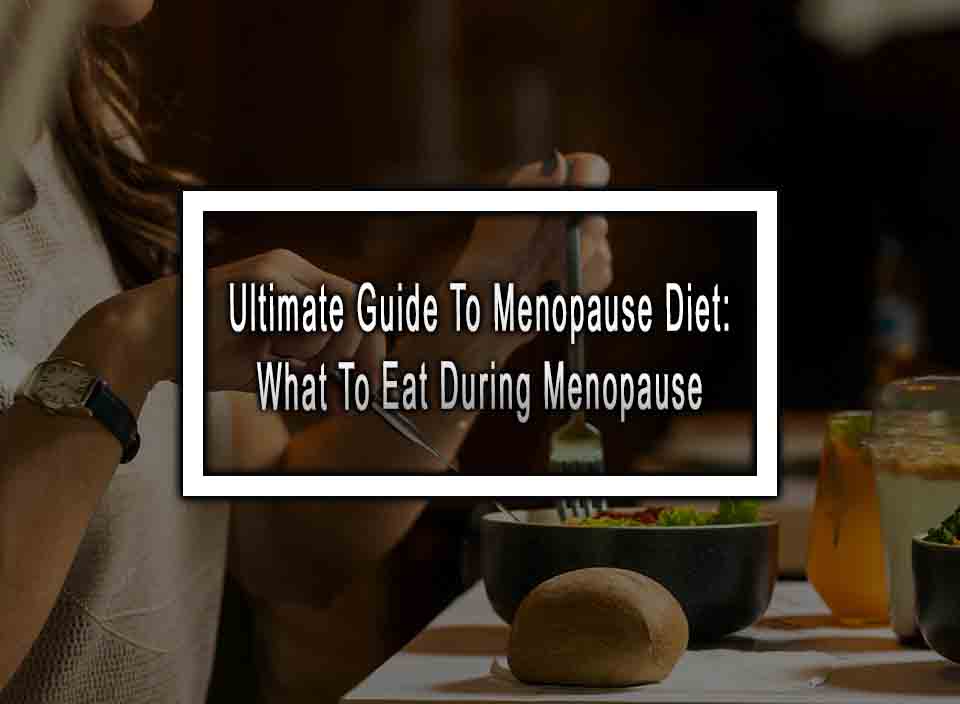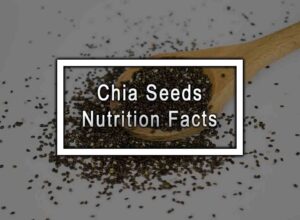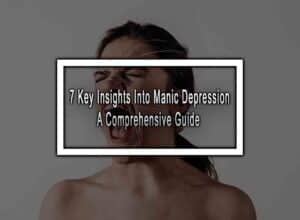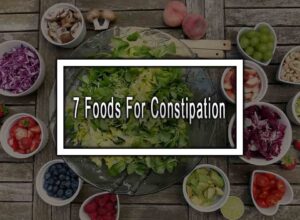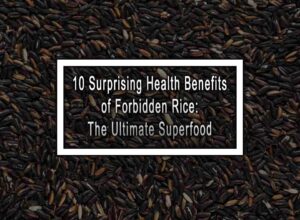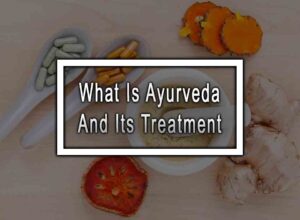Table of Contents
ToggleMenopause Diet: The Ultimate Guide to Eating for Optimal Health
Menopause is a challenging phase for many women. The hormonal changes during this time can lead to various symptoms such as hot flashes, mood swings, weight gain, and more. However, with the right diet and lifestyle changes, women can manage these symptoms and maintain their health. In this article, we will provide you with the ultimate guide to menopause diet – what to eat during menopause to stay healthy and feel your best.
1. Incorporate Whole Foods
Eating whole foods like fresh fruits, vegetables, whole grains, and lean proteins can provide your body with the essential nutrients it needs during menopause. These foods are rich in fiber, vitamins, and minerals that can help to maintain your weight, improve your mood, and boost your energy levels.
2. Increase Calcium and Vitamin D Intake
During menopause, women experience a decline in bone density, which can increase the risk of osteoporosis. Therefore, it is crucial to increase your intake of calcium and vitamin D to maintain strong and healthy bones. Foods such as low-fat dairy products, leafy green vegetables, almonds, and salmon are excellent sources of calcium and vitamin D.
3. Reduce Processed Foods and Sugar
Processed foods and sugar can contribute to weight gain, inflammation, and other health issues during menopause. Therefore, it is best to reduce your intake of these foods and replace them with healthier alternatives. You can replace processed snacks with fresh fruits, and sugary drinks with water or herbal tea.
4. Increase Protein Intake
Increasing your protein intake can promote muscle growth and help maintain your metabolism during menopause. Foods like eggs, lean meats, fish, and beans are excellent sources of protein that can help you feel full and satisfied.
5. Manage Your Fluid Intake
Dehydration can cause headaches, fatigue, and other symptoms, so it is crucial to stay hydrated by drinking enough water throughout the day. To manage your fluid intake, you can carry a water bottle with you or drink water before and after meals.
Menopause Diet: The Key to Managing Symptoms and Maintaining Health
Following a menopause diet can help women manage their symptoms and maintain their health. By incorporating whole foods, increasing calcium and vitamin D intake, reducing processed foods and sugar, increasing protein intake, and managing fluid intake, women can stay healthy and feel their best during this challenging phase of life. Remember, it’s never too late to start making healthy changes to your diet and lifestyle.
Menopause Diet FAQ
Here are the most common questions about the menopause diet.
How can a menopausal diet help with symptoms?
A menopause diet can help in managing symptoms like hot flashes, mood swings, weight gain, and bone loss. Certain foods can help in regulating hormones, reduce inflammation, and improve overall health.
What are some foods to include in a menopausal diet?
Whole foods that are rich in calcium, vitamin D, and fiber, and low in fat and sugar are essential in a menopausal diet. Foods like leafy greens, broccoli, almonds, beans, fatty fish, yogurt, and fortified cereals are good choices.
What foods should be avoided in a menopausal diet?
Foods that can aggravate symptoms like hot flashes, mood swings, and weight gain should be avoided. Foods like processed snacks, sugary drinks, alcohol, caffeine, and spicy foods can worsen symptoms.
Is a menopause diet necessary?
While a menopause diet is not necessary, it can help in minimizing symptoms and improving overall health. Eating a well-balanced diet is always important, but during menopause, it becomes even more crucial.
Can a menopausal diet prevent osteoporosis?
Yes, a menopause diet can help in preventing osteoporosis as it promotes the intake of calcium and vitamin D-rich foods. Calcium and vitamin D are essential for bone health and preventing bone loss.
Should I take supplements along with a menopausal diet?
Supplements should only be taken if recommended by a healthcare professional. Certain supplements like calcium, vitamin D, and omega-3s can be beneficial in managing symptoms and improving overall health. However, it’s important to talk to a doctor before starting any supplements.

